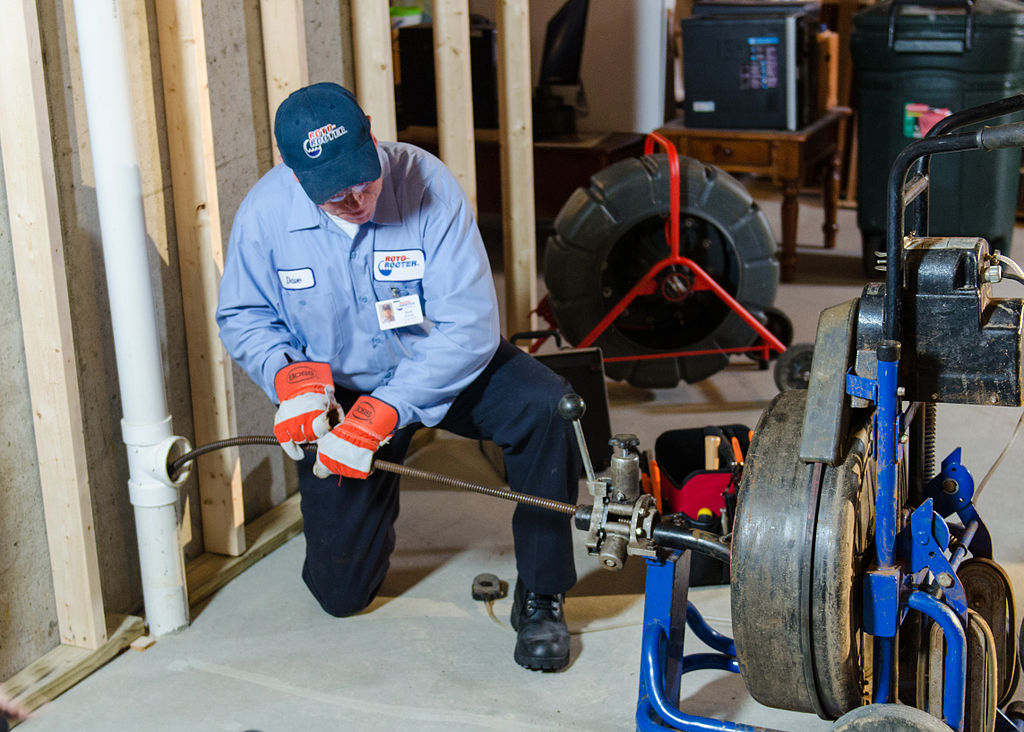Plumber Jobs in the United States: Career Paths and Opportunities
Plumbing is a vital trade that plays a crucial role in maintaining the infrastructure of homes, businesses, and public facilities across the United States. As an essential service, plumbing offers stable career prospects and opportunities for growth. This article explores the landscape of plumber jobs in the US, including career paths, training requirements, and the current state of the industry.

What does a plumber do in the United States?
Plumbers in the US are responsible for installing, repairing, and maintaining piping systems that carry water, gas, and waste. Their duties often include reading blueprints, installing fixtures, troubleshooting plumbing issues, and ensuring compliance with local building codes. Plumbers work in various settings, from residential homes to large commercial buildings, and may specialize in areas such as water heater installation, sewer line repair, or gas fitting.
How can one start a plumbing career in the US?
Starting a plumbing career typically begins with an apprenticeship program. These programs combine on-the-job training with classroom instruction, usually lasting four to five years. Apprentices learn essential skills such as pipe system design, safety protocols, and tool usage. Many apprenticeship programs are offered through unions, trade associations, or vocational schools. To be eligible, candidates usually need a high school diploma or equivalent and must be at least 18 years old.
What training and certification are required for plumbers?
After completing an apprenticeship, individuals can become licensed journeyman plumbers. The licensing requirements vary by state but generally include passing an exam that tests knowledge of local plumbing codes and practices. Some states also require a certain number of work hours before licensing. Continuing education is often necessary to maintain licensure and stay updated on new technologies and regulations in the field.
What is the job outlook for plumbers in the United States?
The job outlook for plumbers in the US is positive. According to the Bureau of Labor Statistics, employment of plumbers, pipefitters, and steamfitters is projected to grow 5% from 2020 to 2030, which is about as fast as the average for all occupations. This growth is driven by new construction, the need to maintain existing plumbing systems, and the increasing complexity of water conservation systems.
What are the advancement opportunities in plumbing?
Plumbing offers various paths for career advancement. Experienced journeyman plumbers can progress to become master plumbers, which often involves additional licensing and may lead to supervisory roles. Some plumbers choose to specialize in areas such as pipefitting, sprinkler fitting, or gas system installation. Others may opt to start their own plumbing businesses, which requires not only technical expertise but also business management skills.
What is the average salary for plumbers in the US?
The earning potential for plumbers in the United States can vary widely based on factors such as experience, location, and specialization. According to recent data from the Bureau of Labor Statistics, the median annual wage for plumbers, pipefitters, and steamfitters was $56,330 as of May 2020. However, those in the top 10% of earners made more than $98,990 annually.
| Experience Level | Median Annual Salary |
|---|---|
| Entry-Level | $33,460 |
| Mid-Career | $56,330 |
| Experienced | $75,370 |
| Top Earners | $98,990+ |
Prices, rates, or cost estimates mentioned in this article are based on the latest available information but may change over time. Independent research is advised before making financial decisions.
The plumbing industry in the United States offers a stable and potentially lucrative career path for those interested in skilled trades. With opportunities for specialization, advancement, and even entrepreneurship, plumbing continues to be an essential profession with strong prospects for the future. As infrastructure ages and new construction persists, the demand for qualified plumbers is likely to remain steady, making it a viable career choice for those seeking long-term job security in a hands-on field.






